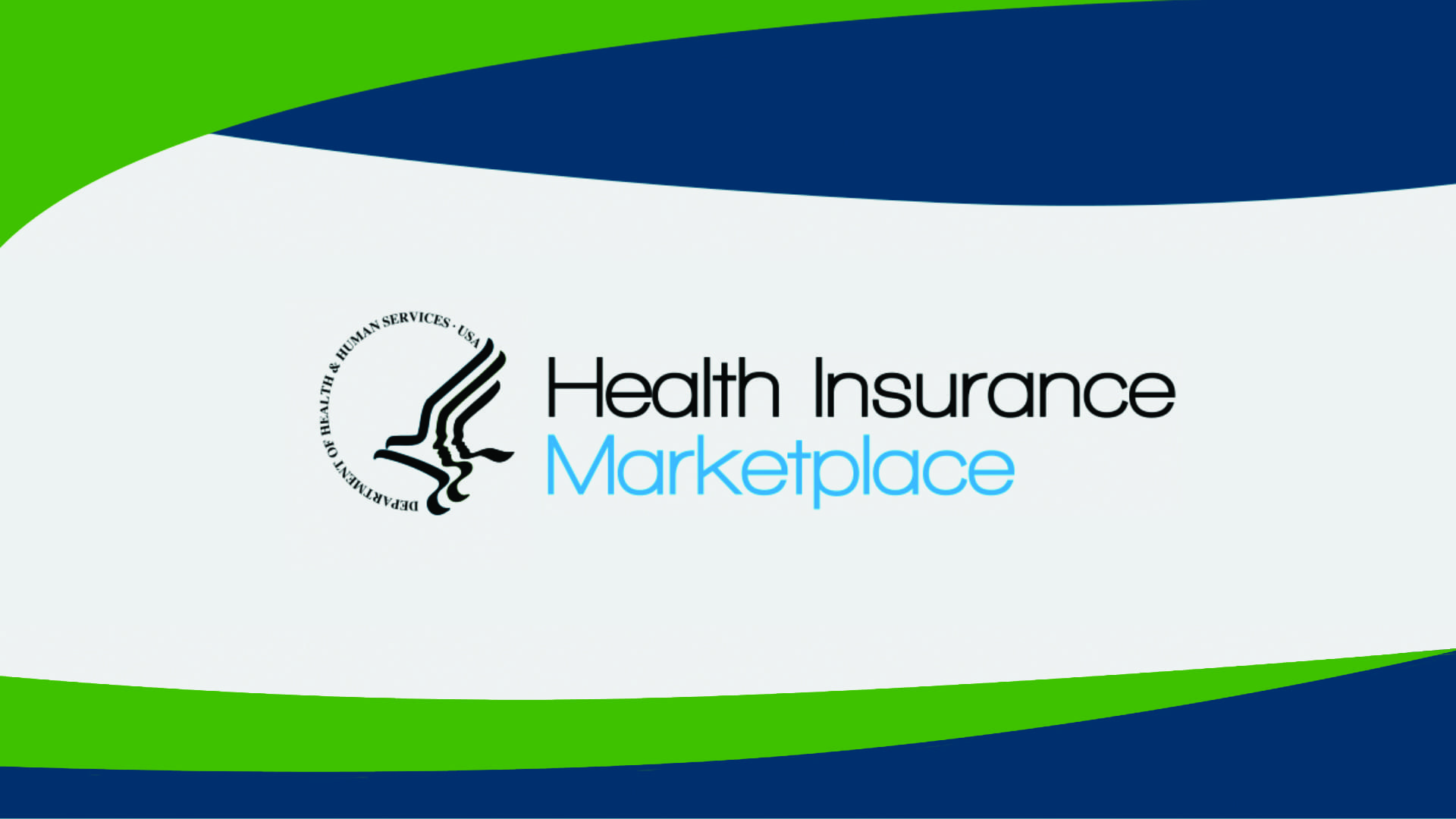The 2018 midterm elections reinforced that Texans care strongly about having access to affordable, quality health care.
More than half of Texas voters said they were likely to vote for candidates who make fixing health care a priority, according to the Texas Medical Center’s annual national consumer survey released in September. The Affordable Care Act (ACA) has allowed millions of previously uninsured people to get health insurance. The majority of Health Insurance Marketplace enrollees receive subsidies to lower costs, but for those who do not get subsidies, and even for some who do, affordability is still a major challenge.
Alaska, Maine, Maryland, Minnesota, New Jersey, Oregon, and Wisconsin have made comprehensive coverage more affordable by using a provision in the ACA known as a “1332 waiver.” These waivers allow states to waive key portions of the ACA and instead use alternate approaches of providing insurance coverage. The ACA is not the only acceptable way to provide health care coverage, but any alternative needs to adequately provide for people’s health needs.
These seven states with waivers have received federal funding to set up a “reinsurance” system that reduces some of the risks insurers take on by helping pick up the tab for people with the costliest health care. States with reinsurance waivers expect premiums to drop as much as 20 percent for people who don’t have access to job-based insurance and buy coverage on their own.
The federal government provides part of the funding for reinsurance and states must come up a share as well. The amount, share, and source of funding for the state contribution varies by state. Most states have funded their share through an assessment on insurers rather than spending state general revenue funds. Texas has done something similar before: funding its former “high-risk pool” with fees assessed on private health insurance carriers and certain payments due to hospitals, not general revenue.
The Trump Administration released new guidance recently on 1332 waivers. The Centers for Medicare & Medicaid Services (CMS) outlined four concepts that states can utilize to design new approaches to provide access to health insurance with a 1332 waiver. CMS highlights existing reinsurance programs as one effective strategy.
Unfortunately, the other strategies outlined in the guidance allow states to reduce their obligations to ensure comprehensive and affordable coverage, while also changing the name from “State Innovation Waivers” to “State Relief and Empowerment Waivers.” The new guidance will let states make low-cost “junk insurance plans” cheaper, while making it harder for people with pre-existing conditions to afford comprehensive coverage. Except for reinsurance programs, the new guidance is another step in a series of bad recent federal actions that erode key health insurance protections for people with pre-existing conditions.
With this new guidance, states now have a choice. They can follow the 1332 waiver model used by the seven states above to make good coverage more affordable by establishing a reinsurance program. Or they can use 1332 waivers to boost junk insurance and undermine comprehensive coverage.
Candidates on both sides of the aisle talked of supporting and protecting coverage for people pre-existing conditions during the midterm elections. The 1332 waivers are a concrete way to turn rhetoric into constructive action. Texas has taken initial steps to explore a 1332 waiver. The Texas Department of Insurance conducted a preliminary analysis, and leaders discussed waivers in three different interim hearings at the Texas Legislature in 2017-18.
Health care is a critical issue for Texans. Our high uninsured rate — highest in the nation — undermines our ability to make progress on urgent problems, including high maternal mortality rates, a rising substance abuse disorder crisis, and alarming rates of rural hospital closures, all of which add pressure to the state budget. State leaders can and should take action to make access to quality and comprehensive health insurance more affordable.
